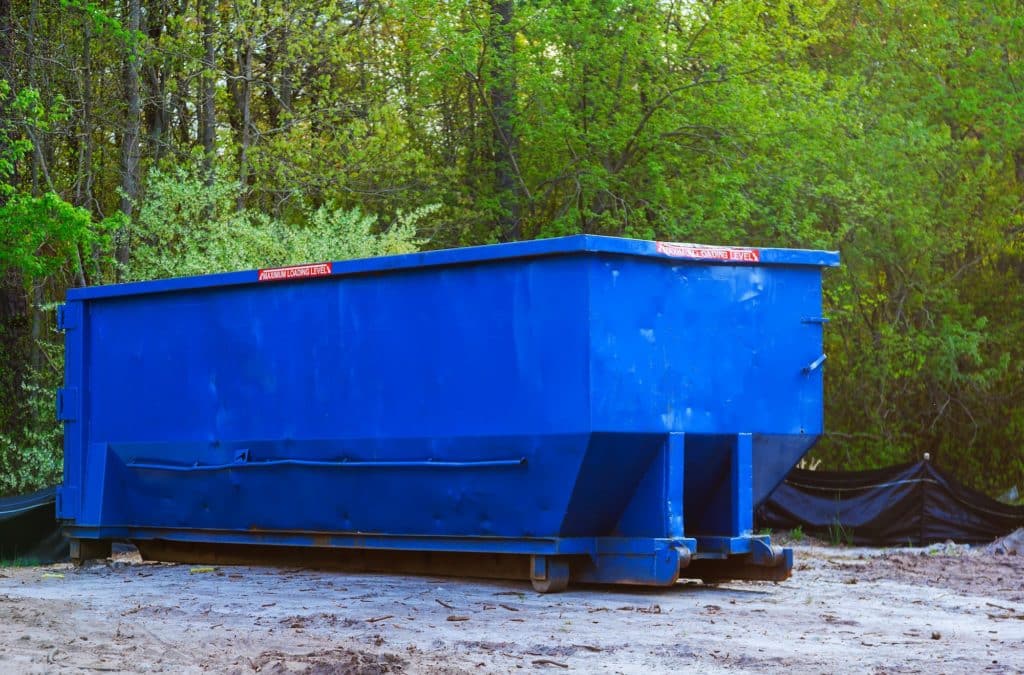Skip bins can be a great way to manage your waste efficiently and cost-effectively. Whether you’re undertaking a renovation, spring-cleaning the yard or dealing with general household waste, they provide an excellent solution for getting rid of large amounts of material quickly and easily.
However, it’s important to take certain precautions when loading up your skip bin in order to maximise safety and ensure you don’t exceed any weight limits specified by the hire company.
In this article, we’ll cover the major dos and don’ts of loading a skip bin in Australia.
Top Dos & Don’ts of Loading a Skip Bin
Do: Check your local council guidelines.
Before you begin loading up your skip bin, it’s important to check with your local council about any regulations or restrictions that may apply. Some councils have special requirements for skip bins, such as not allowing the placement of bins on public roads or near other properties.
Additionally, some councils may also enforce certain weight limits and require hazardous items to be handled in a particular way. A quick Google search should do the trick.

Do: Use the right size bin.
Skip bin hire companies typically offer different sizes to suit different needs. It’s important to make sure you choose the right size for your job.
If it’s too small, it won’t fit all of your waste; if it’s too big, you may end up paying extra for additional weight charges.
Your local skip bin hire company should be able to estimate what sized bin you should need, if you’re in doubt. Be sure to ask about any surcharges for excess weight.
Do: Separate your waste.
Some skip bins may be for green waste or construction materials only, while others are for general waste. When hiring your skip bin, ask the company for a skip bin depending on the materials you plan to place in it.
Skip bins provide an excellent solution for getting rid of large amounts of material quickly and easily.
If you do mix up your waste, you may receive a fee from the skip bin company, so be sure to check on any specifications before placing your hire order!
Don’t: Overload the bin.
When it comes to loading up your bin, it’s important not to exceed the maximum weight limit specified by the hire company – otherwise you could end up with hefty fees or fines.
One way of avoiding this is to spread out your waste evenly so the load is distributed more evenly and doesn’t become too heavy on one side. Also, don’t stack items too high as this can put extra strain on the wheels of the truck when they come to collect it.
Don’t: Put hazardous materials in the bin.
It’s important to be aware of what can and cannot be placed in a skip bin. Some skip bins may be for specific waste types to allow the hire company to manage their waste and what may get mixed.
Hazardous materials such as asbestos, paints, chemicals and oils are strictly prohibited from being disposed of in skip bins – if they’re found, you could face hefty fines.
If you do need to dispose of hazardous materials, make sure you contact your local council or specialist waste company for advice on how to proceed safely and legally.

Don’t: Move the skip bin.
You may want to check with your hire company what happens if you need to skip bins. While it’s unlikely you’ll need to move your skip bin, especially for short-term hires — but it does occur.
However, some hire companies may have clauses about moving the skip bin once it’s been delivered. Moving the skip bin may damage the bin, your vehicle and pose a safety risk, so be sure you know the policy and what you’re doing before you make any shifts!
Don’t: Bin food waste.
Many skip bin hire companies request no food waste at all in any or some bins. However, it’s also recommended to not put food and drink waste in your skip bin at all.
Food and drink waste can begin to smell quickly, be a nest for maggots, and attract birds and wildlife. If you can put food waste in the skip bin, be sure to bag it carefully and try to keep it to a minimum, where you can.
By following these simple dos and don’ts of loading a skip bin, you can ensure that your project goes safely and without any unnecessary complications or costs. Good luck with your job – we hope it’s a success!




